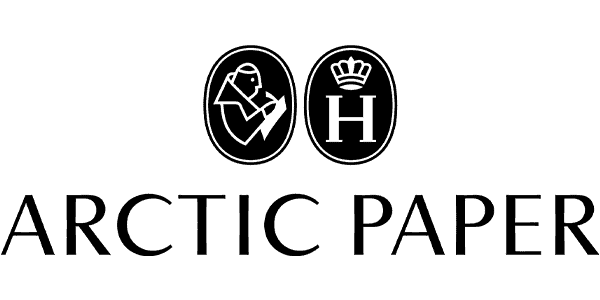
Kontextuell analys : en forskningsmetodologi och forskningsansats

| Serie | Göteborg studies in educational sciences |
|---|---|
| Författare | |
| Förlag | Acta Universitatis Gothoburgensis |
| Genre | Pedagogik |
| Format | Häftad |
| Språk | Svenska |
| Antal sidor | 211 |
| Vikt | 449 gr |
| Utgiven | 2020-10-16 |
| SAB | Dd |
| ISBN | 9789179630447 |
All scientific knowledge is analytic in a general sense. The knowledge is based on that parts of the world are discerned, investigated, and described, as research objects. Contextual analysis starts from a preliminary delimitation of research objects as wholes, and continues with discerning and delimiting main parts of the objects, and parts within the main parts. It is characteristic of the analysis that the research objects are seen as wholes of related and organized parts. In contextual analysis, information and data are used to clarify the character of main parts of the research objects, and how those can be delimited and described more precisely. There is an interest in what character the relation between main parts has, and what character this gives to the object as a whole. The analysis is analytic in discerning and delimiting research objects as cases, main parts of the cases, smaller parts within the main parts, and relations between parts. All those delimitations are made through contextual interpretation. Delimitations of all units are made as dependent on their relation to their contexts. The meaning of a unit and its context is interpreted interdependently to delimit the meaning of each. The approach is analytic also concerning the result, which has the form of explicitly described cases, parts and relations. In contextual analysis, case based investigation is seen as the fundamental scientific form of development of knowledge, both in natural and human sciences. It may perhaps be considered self-evident that research starts from the phenomena and cases to be investigated, but it is not. Often the starting point is taken in theoretical concepts, data materials, and/or in data collection and data treatment methods, rather than in the parts of the world that is to be investigated. The result becomes a compilation of data, where the relation to parts of the world is unclear. In contextual analysis there is an emphasis on clarification of research objects as cases of phenomena.
























